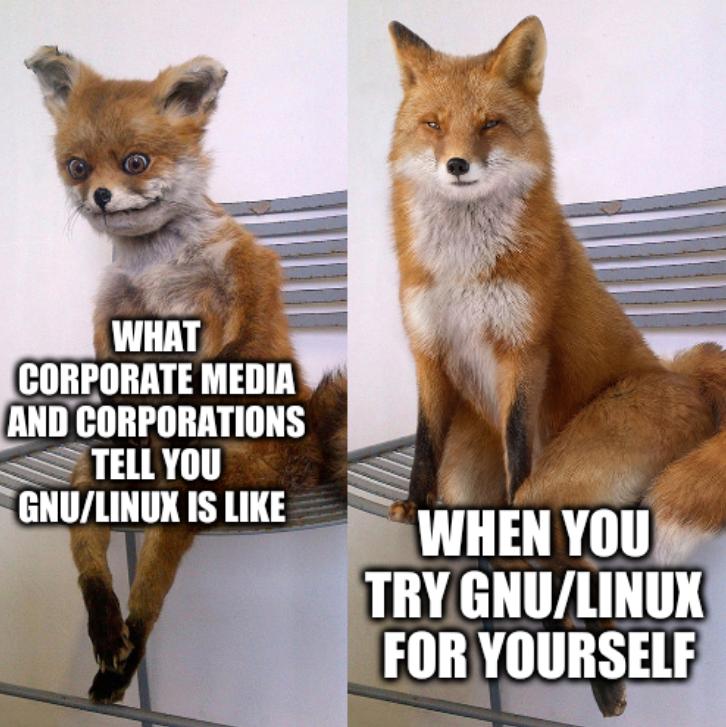

THE MARKET share of GNU/Linux grew during lock-downs. A Microsoft-connected firm says it's at 3% now, but we believe it's a lot higher than that, for a number of reasons previously explored here. Never mind that if one counts Chrome OS and Android, then "Linux" already has majority market share anyway (not only in servers and devices).
"Companies tend to impose particular types of software on employees inside offices; how much control do those companies have over people now?"People also learn to reuse and recycle, e.g. refurbishing old machines with GNU/Linux. Purchasing 'treadmills' are impeded and GNU/Linux rarely depended on those because "channel access" was its weakest point.
This is by no means a 'celebration' of COVID-19, but the longer the lock-downs go on, partial or very comprehensive, the better off GNU/Linux will be. As our reader Canta put it yesterday, "with this whole quarantine thing, in every sphere of human praxis people is starting to ask the right questions about computing: “why are we using this software”, “why do I have to buy another computer/phone”, “why do I have to pay for this”, “isn’t any state regulated way for doing this”. As happened with keynesianism against neoliberalism, Free Software is already there prepared to face all those problems, both technical and political, despite the corporate agenda." ⬆